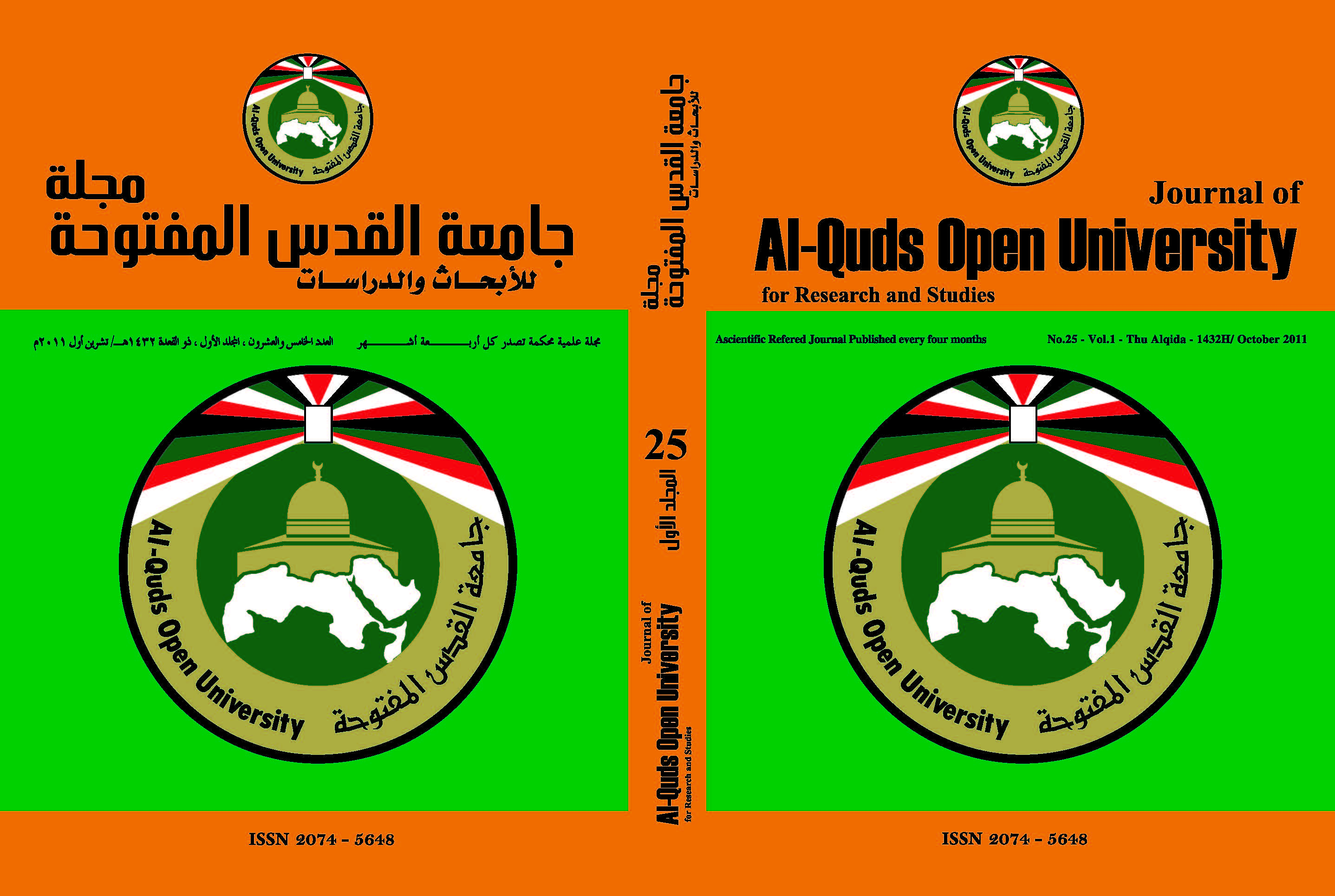Investigation and Arrest in the Criminal Law of Palestine: A Comparative Study
Keywords:
Investigation, Arrest, Criminal Law of Palestine, A Comparative StudyAbstract
Arrest is on of the most serious investigation procedures exercised by
the entity of investigation where it constitutes a restriction on the individual
liberties, being without decisive verdict issued by allegation against the
prisoner.
Therefore, the Palestinian legislator has worked to support it with
a series of formal and objective guaranties to make the required balance
between the interests of the investigation which led to take this kind of action
and the interests of the protectively detainee.
In order to take these controls and guaranties into account, we
extrapolated the provisions of the Palestinian criminal procedure No. 3 of
2001, and the provisions of some of the relevant comparative laws, most
notably the law of criminal procedure of Egypt and the law of Jordan’s
criminal procedure, with views from time to time on some of the comparative
legislations in order to demonstrate the effectiveness and adequacy of those
controls and guaranties in the protection of the detainee against the abuses
of the competent authorities.
We concluded at the end of the research the presence of many of the
observations and criticisms of the provisions of the Palestinian criminal
procedure law and the comparative law related arrest, and we tried to
demonstrate the positive aspects of the comparative legislations to be
submitted in the form of recommendations and proposals accessible to the
Palestinian legislator for use in any future modification of the provisions of
the criminal procedure law regarding arrest leading to better controls and
stronger guaranties.
Downloads
Published
How to Cite
Issue
Section
License
- The editorial board confirms its commitment to the intellectual property rights
- Researchers also have to commit to the intellectual property rights.
- The research copyrights and publication are owned by the Journal once the researcher is notified about the approval of the paper. The scientific materials published or approved for publishing in the Journal should not be republished unless a written acknowledgment is obtained by the Deanship of Scientific Research.
- Research papers should not be published or republished unless a written acknowledgement is obtained from the Deanship of Scientific Research.
- The researcher has the right to accredit the research to himself, and to place his name on all the copies, editions and volumes published.
- The author has the right to request the accreditation of the published papers to himself.













_2.png)
_.png)
_2.png)
_1.png)
_.png)

